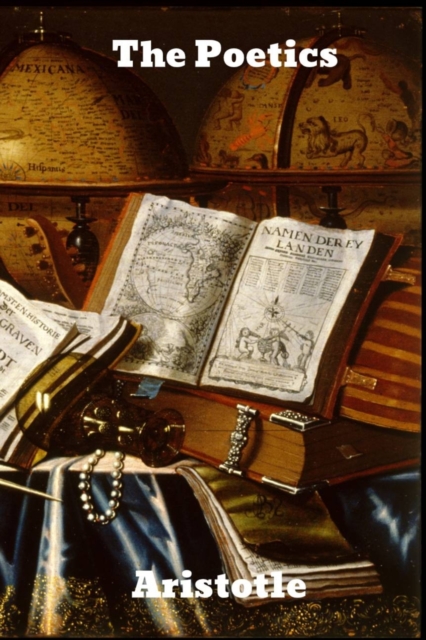
The Poetics Paperback / softback
by Aristotle
Paperback / softback
Description
Aristotle's Poetics (Greek: Περι ποιητικης; Latin: De Poetica;[1] c. 335 BC[2]) is the earliest surviving work of dramatic theory and first extant philosophical treatise to focus on literary theory.[3] In it, Aristotle offers an account of what he calls "poetry" (a term that derives from a classical Greek term, ποιητης, that means "poet; author; maker" and in this context includes verse drama – comedy, tragedy, and the satyr play – as well as lyric poetry and epic poetry). They are similar in the fact that they are all imitations but different in the three ways that Aristotle describes:
Differences in music rhythm, harmony, meter and melody.
Difference of goodness in the characters.
Difference in how the narrative is presented: telling a story or acting it out.
In examining its "first principles", Aristotle finds two: 1) imitation and 2) genres and other concepts by which that of truth is applied/revealed in the poesis. His analysis of tragedy constitutes the core of the discussion.[4] Although Aristotle's Poetics is universally acknowledged in the Western critical tradition, "almost every detail about his seminal work has aroused divergent opinions".[5] The work was lost to the Western world for a long time. It was available in the Middle Ages and early Renaissance only through a Latin translation of an Arabic version written by Averroes.
Information
-
Item not Available
- Format:Paperback / softback
- Pages:56 pages
- Publisher:Binker North
- Publication Date:10/10/2019
- Category:
- ISBN:9781774411391
Other Formats
- Paperback / softback from £6.99
- Hardback from £14.99
Information
-
Item not Available
- Format:Paperback / softback
- Pages:56 pages
- Publisher:Binker North
- Publication Date:10/10/2019
- Category:
- ISBN:9781774411391






